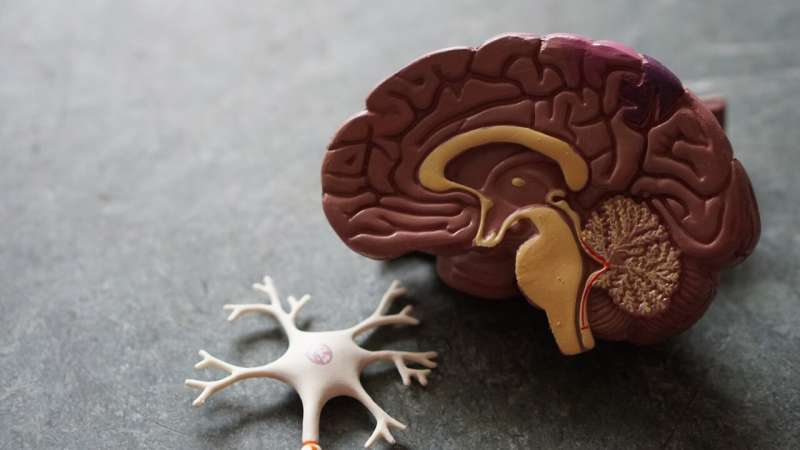Innovative Brain Implants Improve Treatment for Parkinson's and Neurological Disorders

Recent advancements in brain implant technology are transforming the way we treat Parkinson's disease and other neurological conditions. Historically, treatments for brain disorders relied on invasive procedures such as lesioning, where targeted brain structures were damaged in hopes of alleviating symptoms—a method often discovered through trial and error or accidental findings. The pivotal discovery in 1987 by French neurosurgeon Alim-Louis Benabid revealed that electrical stimulation applied during surgery could produce effects similar to lesions. This led to the development of deep brain stimulation (DBS), a technique involving a pacemaker-like device that delivers electrical pulses via electrodes implanted in specific brain regions.
Since the early 2000s, DBS has been effectively used to treat advanced Parkinson's disease, offering significant symptom relief. However, the traditional setups required constant settings determined by specialists, with adjustments only possible during clinical visits. Recently, a revolutionary approach called adaptive deep brain stimulation (aDBS) has gained approval in regions like the US and Europe. Unlike fixed stimulation, aDBS uses sophisticated algorithms and sensors to interpret brain activity in real-time, automatically adjusting stimulation levels for optimal symptom control.
This personalized therapy is particularly beneficial for Parkinson's patients whose symptoms fluctuate due to medication cycles. The adaptive system mimics a thermostat, sensing brain waves that indicate symptom severity—such as specific neural oscillations—and adjusting stimulation accordingly. The initial research on these brain waves and their relation to Parkinson’s symptoms dates back over two decades, with scientists recording signals from electrodes placed in the brain shortly after surgeries.
While adaptive stimulation offers exciting opportunities, it also introduces new challenges, including the complexity of fine-tuning settings and the need for ongoing monitoring. The integration of sensors that record brain activity over extended periods allows clinicians to better understand disease patterns and tailor treatments more effectively. Similar implantable devices have been successfully employed in cardiology and epilepsy, paving the way for broader applications in neurological and psychiatric disorders like depression, OCD, and chronic headaches.
Research into brain signals also underpins efforts to map neural circuits involved in various conditions, leading to innovative treatments. As technology advances, stimulating specific brain regions at precise times—considering a patient’s movement and mental state—promises a future with more effective, personalized therapies for complex disorders. The unfolding progress in this field holds great hope for improved patient outcomes and deeper understanding of brain functioning.
Stay Updated with Mia's Feed
Get the latest health & wellness insights delivered straight to your inbox.
Related Articles
The Urgent Need to Address Concussions and Chronic Traumatic Encephalopathy in Sports
Understanding and preventing chronic traumatic encephalopathy (CTE) is vital for athlete health. This article explores the risks, symptoms, and essential safety measures to protect sports players from long-term brain injuries.
The Importance of Support in Dyslexia Diagnosis Beyond Labels
Proper support is vital in dyslexia diagnosis to ensure children receive effective interventions, moving beyond just labeling to address individual learning needs.
RSV Vaccination Reduces Cardiorespiratory Hospitalizations in Adults Over 60
A recent study shows that RSV vaccination in adults over 60 can significantly lower the risk of severe cardiorespiratory hospitalizations, enhancing health outcomes during the winter season.
Study Finds Masturbation Can Alleviate Menopause Symptoms
A new clinical study shows that masturbation can significantly reduce menopause symptoms, highlighting the role of sexual wellness in menopause management.



